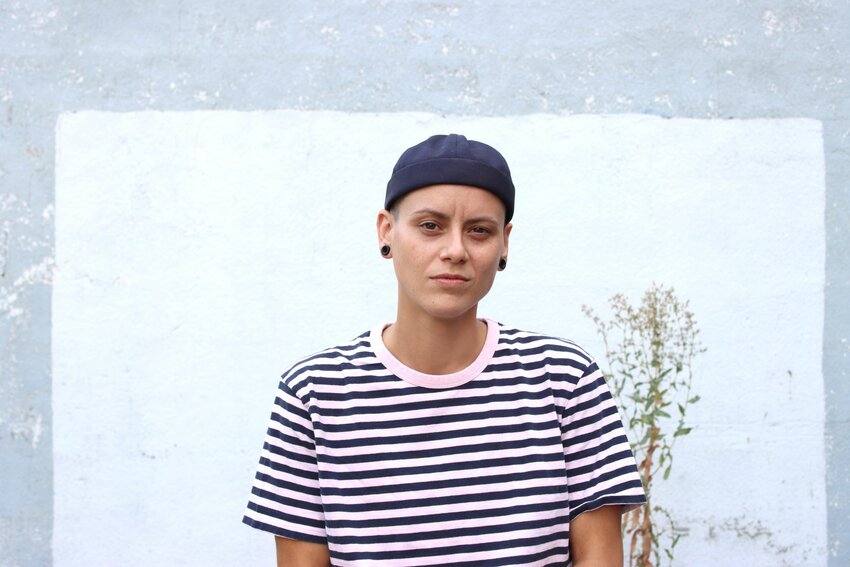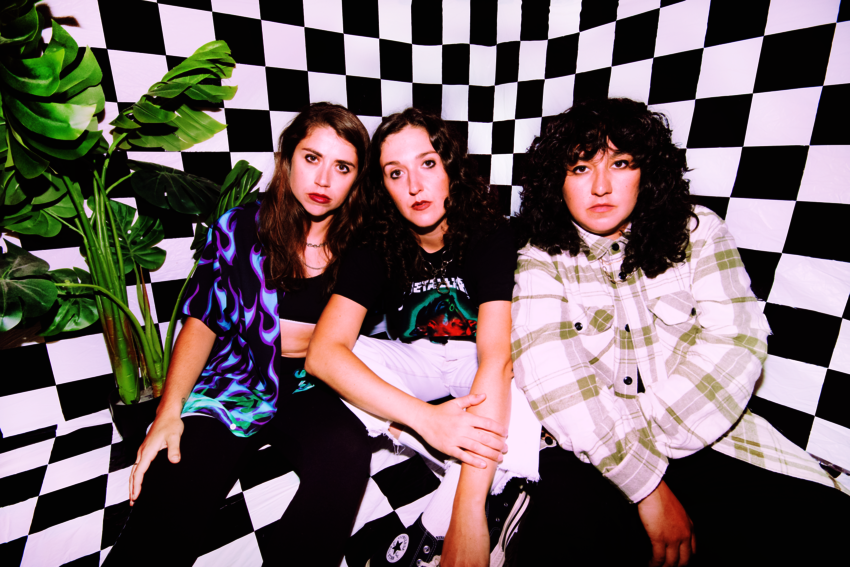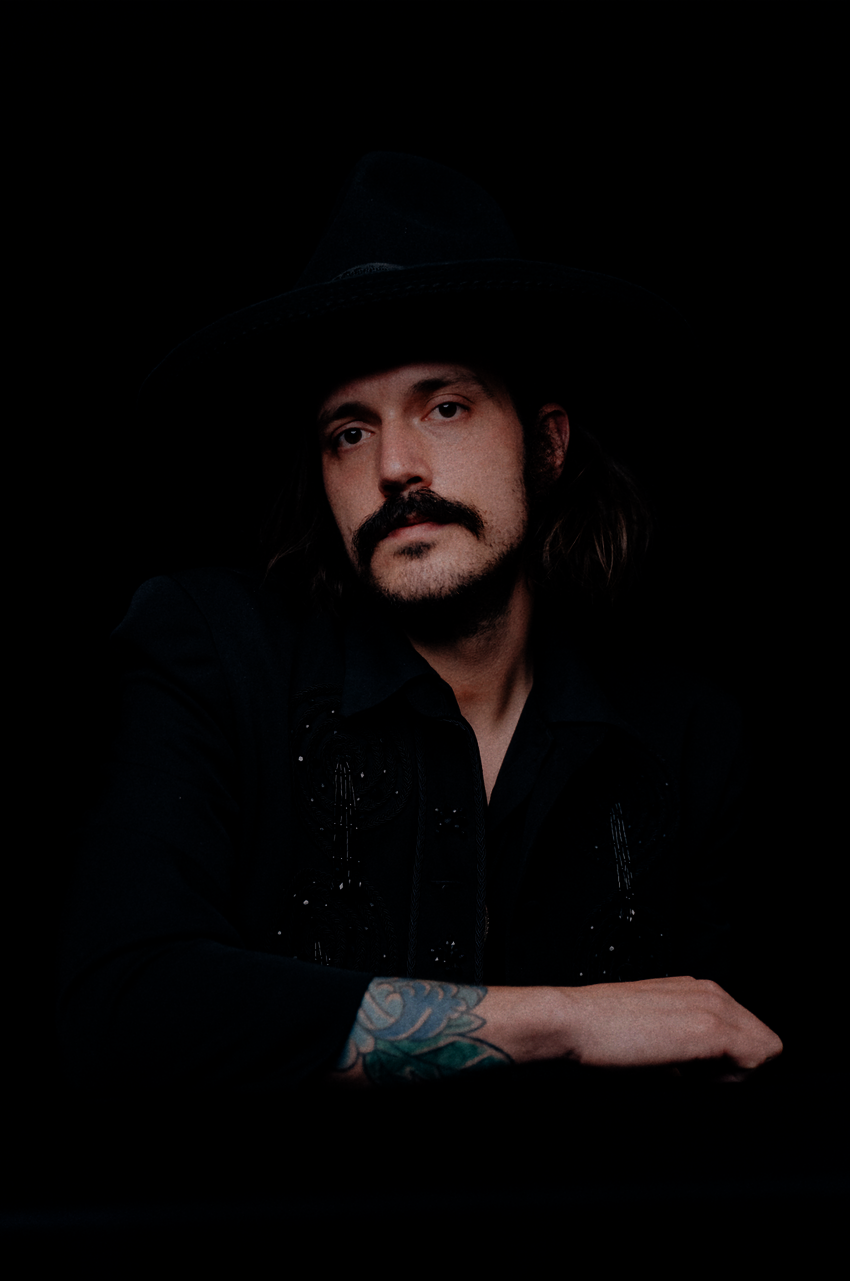This article was originally published on the Le Devoir This link will open in a new window website.
Emerging artists’ careers take flight
October 28, 2023
The ADISQ Gala is taking place Sunday, November 5, and its Premier Gala is being held on Wednesday, November 1. A number of singer songwriters who benefitted from support from the Conseil des arts et des lettres du Québec (CALQ) were again nominated this year for one of these two events, which recognize the work of Québec music artists.
This year, ADISQ nominees include artists who received a grant from the CALQ to support them in songwriting, developing shows, and conducting musical research. In 2023, more than half of the artists nominated for the Premier Gala on November 1 received this aid at some point in their career.
Nominees included several emerging artists, such as rapper Julie Gagnon, whose professional name is Calamine. She says that the CALQ has enabled her to remain independent. “I was offered recording contracts. That’s tempting, of course, but contracts come with a lot of compromise and conformity,” says the artist, who has been nominated for Album of the Year – Rap, and for Best New Artist of the Year. “The CALQ allowed me to produce the work I wanted without compromise.”
Diogo Ramos reports that the support from the CALQ was “huge.” The singer songwriter from Brazil was able to tour the world thanks to this funding. “I find it incredible, both for diversity and for francophone music,” says Ramos, who has been nominated for an ADISQ in the category Album of the Year – World Music, for his opus Cabaça. The CALQ supports projects by Québec artists, regardless of whether they write in French or another language.

Focusing on creation
This year, the CALQ awarded 238 grants in music, for an average amount of $11,800, and 193 grants for popular song, for an average amount of $18,000. This support is designed to finance the bulk of song creation, from research to writing lyrics and music.
“You don’t need to work 9 to 5 and come home exhausted in the evening to try to write. It allows you to devote your days to your art,” says Raphaëlle Chouinard, singer and guitarist for the punk rock group Les Shirley, nominated for Album Production of the Year and Album of the Year – Anglophone.

Diogo Ramos also says he could focus on research and creation without worrying about how he would provide for his family. “I have kids to feed. I can’t innovate if I have to work in another field. So, for a few months, I was able to pay myself.” Ramos revisited songs from the Québec repertoire, adding Brazilian rhythms.
For Tom Chicoine, the grant gave him time to immerse himself in the world of truckers in conceptualizing his album Moteur super sport. Nominated for an ADISQ for the first time in the category Album of the Year – Country, he was able to spend his days watching documentaries on the topic to conduct his research. “It allows you to really forge ahead and work on things for weeks. I even asked trucker friends if I could head out on the road with them for a day. Writing songs evenings and weekends is complicated. At certain points, you need to go somewhere to get inspiration.”

The rapper Calamine agrees. Before the pandemic, she was waitressing to make ends meet. “It’s hard to come home in the evening and make an album,” she says. “The CALQ gave me a second wind and the time to make music.”
Committed to supporting emerging artists, the CALQ funded 14 of the 22 artists who received their first nomination this year at the ADISQ gala. Tom Chicoine is emotional about the honour. “I’m really touched,” he says. “I was nominated in a category I truly care about. Country music in Québec is where I can best express myself and create images that reflect who I am.”
Going further
CALQ grants have also enabled many artists to develop their creativity. For Les Shirley, the funding enabled them to pay themselves a salary and to hire the co-producer they wanted for their album. “We paid for three weeks of studio time; that’s a huge luxury,” says Chouinard. This period of creation resulted in two additional songs that wouldn’t have been written otherwise. “It’s unusual for that to happen in the studio. Normally, you get there with all the demos already done because it’s so expensive. It let us do things right.”
For her album Lesbienne woke sur l’autotune, Calamine was able to spend time at a cottage to hone the music. “We took a week to put together the songs, jam, and write,” she says. The CALQ grant also enabled her to hire a percussionist and borrow instruments. “We rented a vibraphone,” she says. “We had time to have fun and not feel rushed.”
That’s what Les Shirley did too, retreating to nature to write. “It let us disconnect, get out of the city, and spend two weeks composing,” says Raphaëlle Chouinard. “It made all the difference.”
She recorded songs with several guest artists and was able to pay them appropriately. “Sometimes, we get paid in royalties,” she says. “But I think it’s important to compensate people who collaborate on the album. It’s a chance to be more professional.”
According to Diogo Ramos, this funding for artists shows the desire of Québec society to be open to culture and the world. “But for me, being part of this society and getting support from the CALQ is a privilege that comes with great responsibility.”
The Conseil des arts et des lettres du Québec (CALQ) encourages artists to complete the Retombées section via Mon Dossier CALQ This link will open in a new window at the end of each of their projects.
This section helps the CALQ learn more about the benefits of artistic projects supported and promote resulting achievements.
